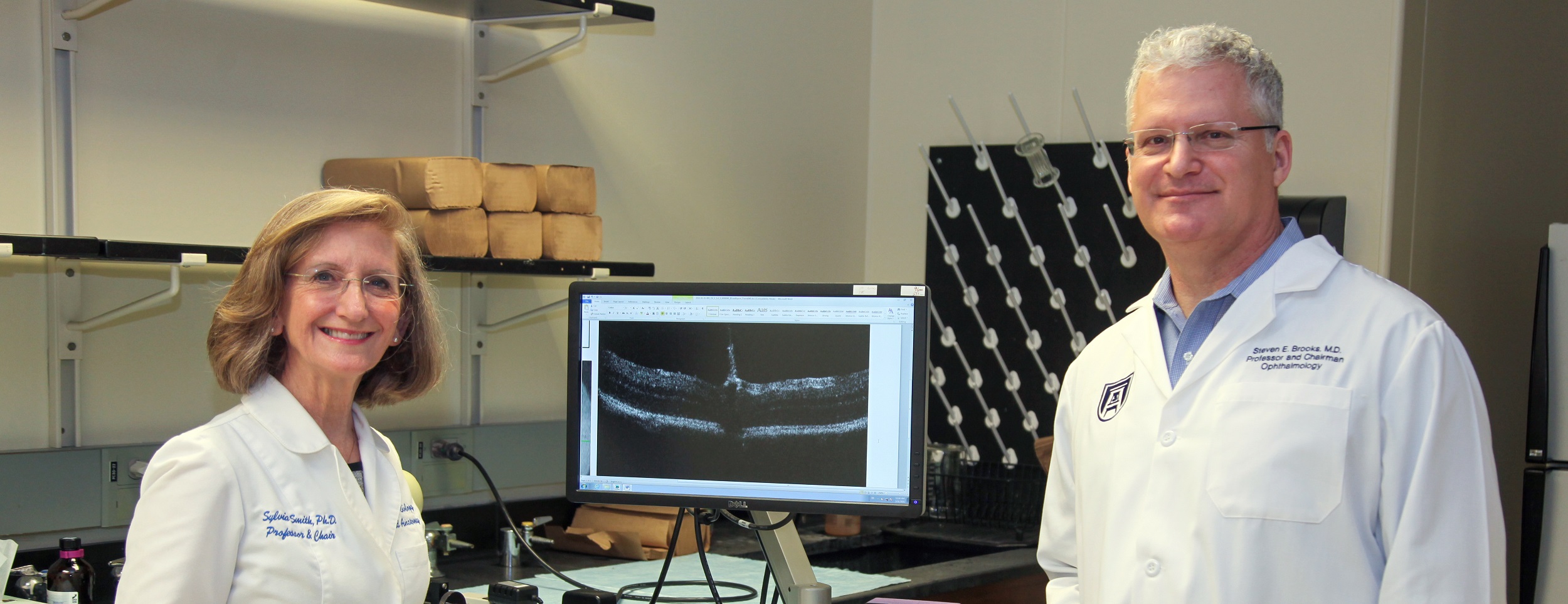
James & Jean Culver Vision Discovery Institute
Mission: The mission of the Culver Vision Discovery Institute is to engage in high impact research and discovery related to visual function and disease the outcome of which is expected to have far-reaching clinical applications for patients suffering from blindness and visual disorders.
To achieve the mission of the Culver Vision Discovery Institute, we are committed to fostering interactions among the members of our group. We welcome MCG colleagues and members of the community to participate in The Vision Discovery Institute Distinguished Seminar Series and Ophthalmology Grand Rounds. Currently we have courses for graduate students and post-doctoral fellows including Fundamentals of Vision Science and Current topics in Vision Science. We have a Pilot Project program that supports basic science-clinical collaborations leading to larger extramural awards for vision-related diseases. We now offer all vision researchers access to services/expertise/equipment available through the NEI Center Core Grant for Vision Research (P30) and the individual modules within the P30: Module 1 diagram, Module 1: Visual function assessment, Module 2: Histology and Imaging and Module 3: Gene Expression and Proteomics.
Research Emphasis
Leading causes of blindness worldwide include diabetic retinopathy, glaucoma, cataract, age-related macular degeneration, and corneal disruption. At Augusta University, we have a number of basic scientists and clinicians who are investigating many of these devastating diseases. Members of the Culver Vision Discovery Institute include faculty members from the Augusta University Medical College of Georgia, College of Allied Health Services, Dental College of Georgia and College of Graduate Studies.
The Culver Vision Discovery Institute is co-directed by Dr. Steven Brooks, William S. Hagler, MD Professor and Chair of Ophthalmology at the Medical College of Georgia and Dr. Yutao Liu, Professor in the department of Cellular Biology and Anatomy. If you wish to contact them regarding the mission or activities of the Culver Vision Discovery Institute, you may send an email to Ms. Heide Andrews or you may call the Vision Discovery Institute at 706-721-3731. The administrative duties of the Vision Discovery Institute are managed by Ms. Heide Andrews and Ms. Jenny Roberts (jroberts@augusta.edu).
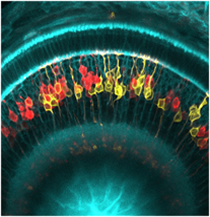
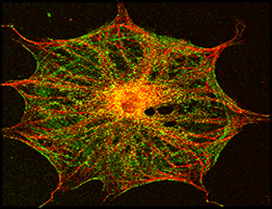
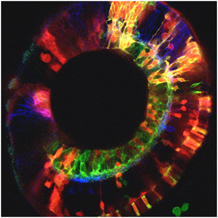
VDI News

MCG researchers awarded $275K grant to study HIV and retinopathy correlation
MCG researchers awarded $275K grant to study HIV and retinopathy correlation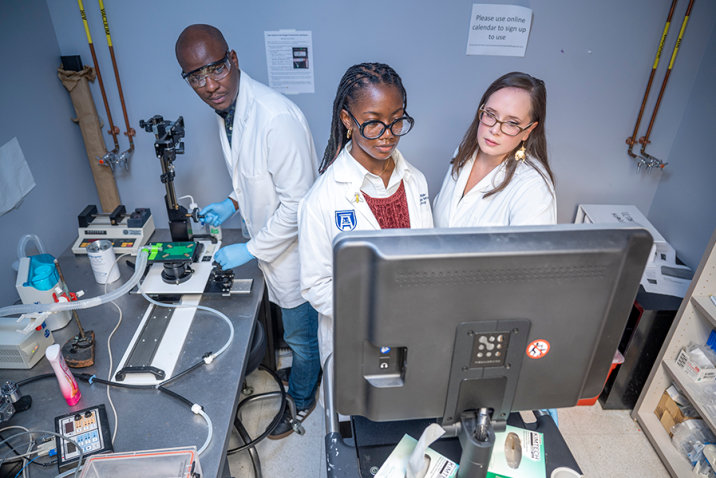
Biomedical PhD program experiences phenomenal growth
Biomedical PhD program experiences phenomenal growth